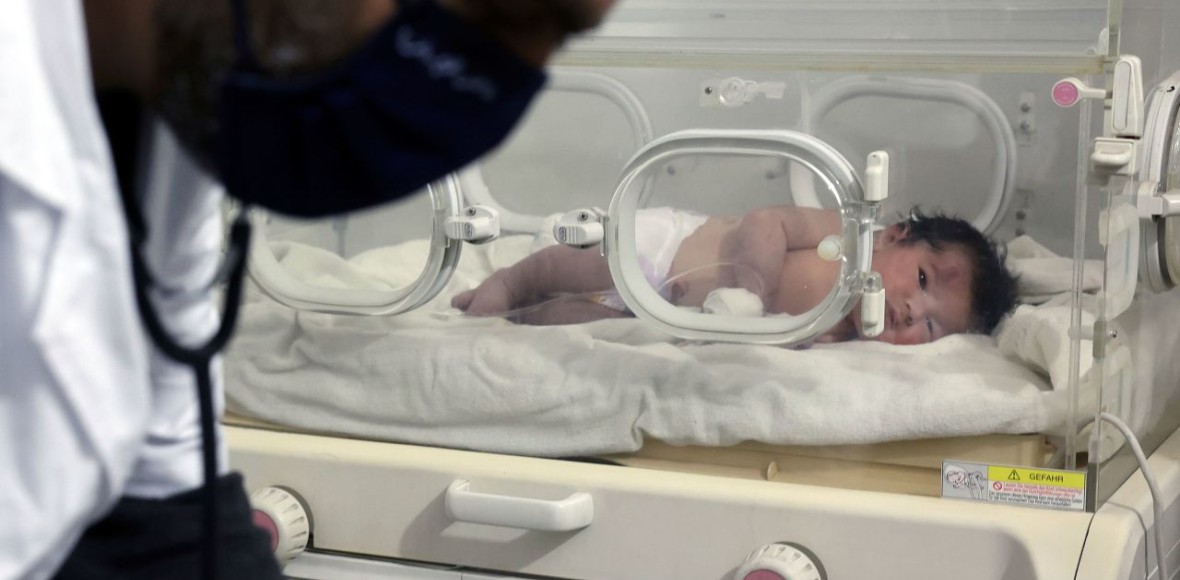
Recent statistics show that an estimated 13.4 million babies were born pre-term in 2020, with nearly 1 million dying from preterm complications.in addition, at least 152 million vulnerable babies were born too soon from 2010 to 2020
This is equivalent to around 1 in 10 babies born early worldwide according to a new report released by United Nations agencies and partners dubbed Born too soon: a decade of Action on preterm birth.
The report aims to sound the alarm on a “silent emergency” of preterm birth, long under-recognized in its scale and severity, which is impeding progress in improving children’s health and survival.
Preterm birth is now the leading cause of child deaths, accounting for more than 1 in 5 of all deaths of children occurring before their 5th birthday. In addition, preterm survivors can face lifelong health consequences, with an increased likelihood of disability and developmental delays.
Maternal health risks, such as adolescent pregnancy and pre-eclampsia, are closely linked to preterm births.
The report notes that the survival of these babies is dependent on factors such as the regions they are born, ethnicity, race, and income inequalities.
The report notes that only 1 in 10 extremely preterm babies (<28 weeks) survive in low-income countries, compared to more than 9 in 10 in high-income countries.
Southern Asia and sub-Saharan Africa account for more than 65 percent of preterm births globally and the highest mortality is also experienced in the same regions.
Conflict, climate change and environmental damage, COVID-19, and rising living costs are increasing risks for women and babies everywhere the report noted. Nearly 1 in 10 preterm babies are born in the 10 most fragile countries affected by humanitarian crises.

Leave a Reply